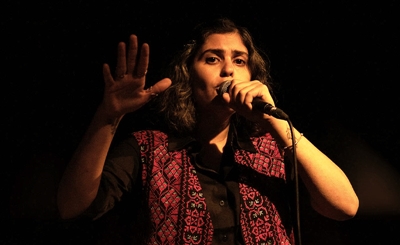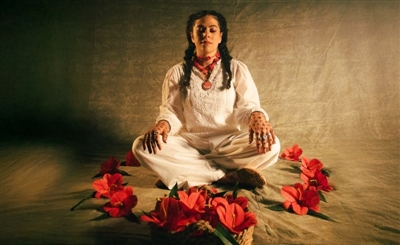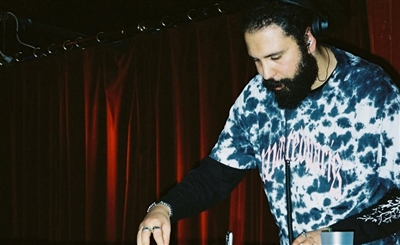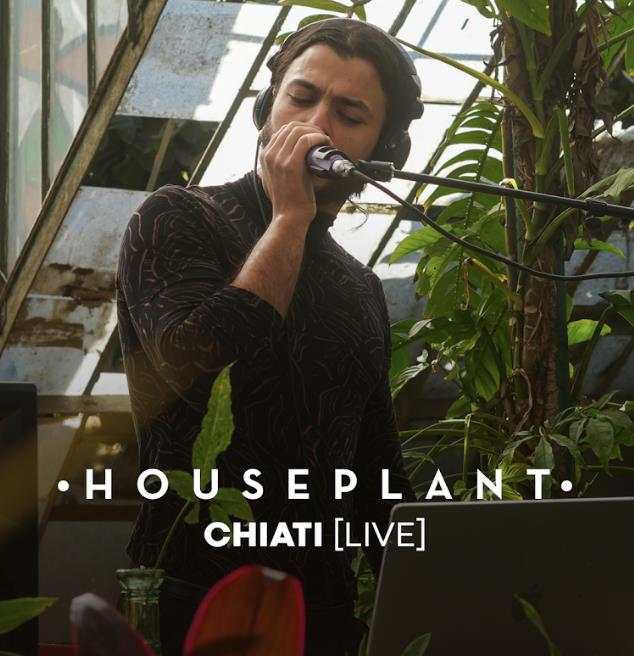Why Are Artists Boycotting Sónar Festival 2025?
Over 70 artists have dropped out of Sónar 2025 over ties to KKR, an investment giant linked to arms and Israeli military tech.
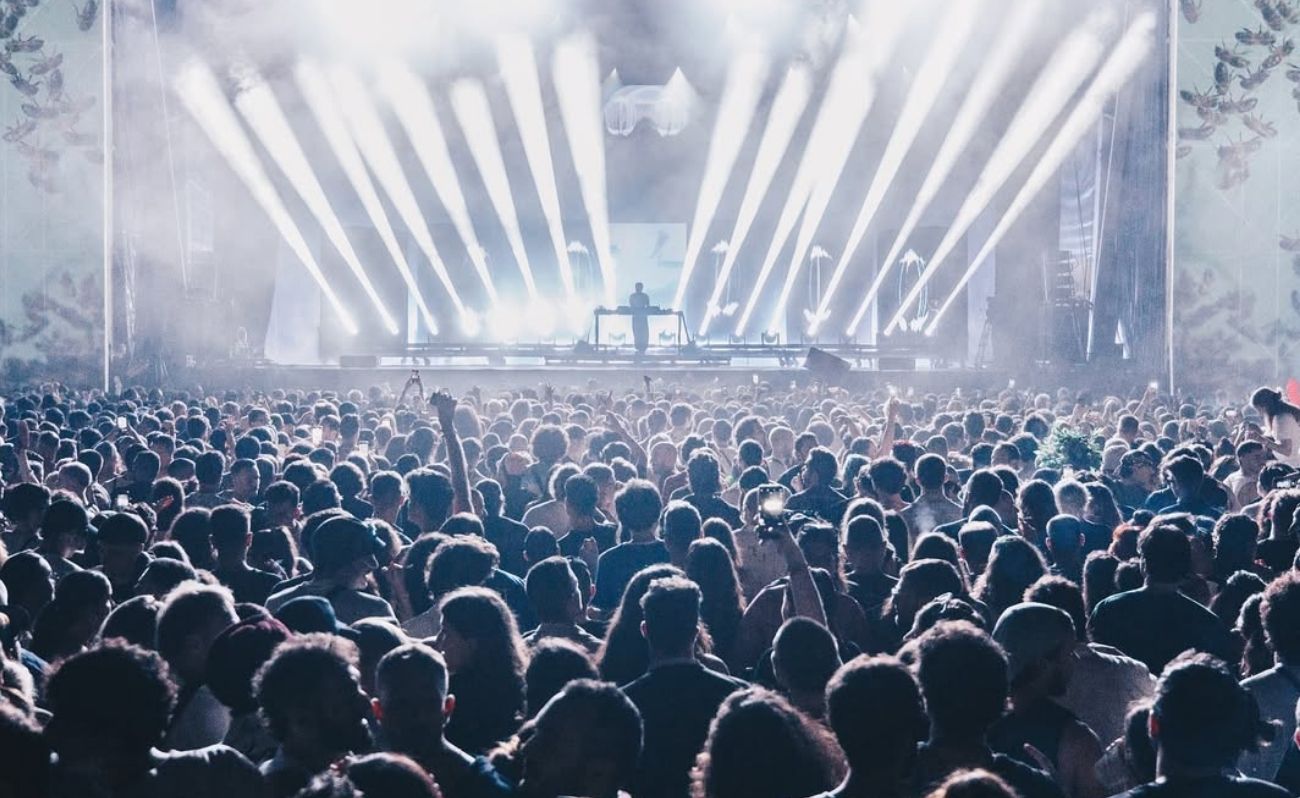
More than 70 artists have pulled out of Sónar Festival 2025 in protest of its ownership ties to KKR, a global investment firm linked to weapons manufacturing, surveillance technology, and Israeli military contracts. What began as a quiet call to accountability has grown into a full-blown boycott campaign, raising urgent questions about the politics behind music festival funding.
KKR—short for Kohlberg Kravis Roberts—acquired Superstruct Entertainment in 2020. Superstruct owns or controls more than 80 festivals worldwide, including Sónar, Outlook, DGTL, and Parookaville. With the ongoing genocide in Gaza and heightened scrutiny over financial complicity, artists and activists are demanding transparency about who funds the events they participate in, and what those companies profit from.
The boycott was spearheaded by the Palestinian-led BDS movement, which called Sónar’s relationship with KKR “involuntary complicity in genocide.” That statement struck a chord. In a matter of days, artists like Ikonika, Florentino, Manuka Honey, and ABADIR publicly canceled their scheduled appearances.
Egyptian artist ABADIR wrote: “I can’t participate in good conscience… This is about anti-racism and solidarity.”
Sónar initially responded by stating that it “promotes respect for human rights.” But as pressure mounted, the festival issued a second statement on May 19th, saying: “We have no control over KKR’s investments, and we express solidarity with Gaza’s civilians.” It added, “No ownership structure will define who we are.”
But many aren’t buying it. Amsterdam’s DGTL Festival, also owned by Superstruct, released a much firmer statement acknowledging that “KKR’s investments are unethical” and promising to reassess its affiliations.
Even Boiler Room came under fire after launching a pro-Palestine fundraising campaign while remaining silent about its own past ties to KKR, a contradiction that artists and audiences were quick to point out.
For many, the issue is not just about Gaza. It’s about the role of music in systems of oppression. As stages grow larger and more corporate, the decisions about who profits from culture, and who is erased by it, are no longer invisible.
As pressure continues to build, the industry is being asked a hard question: Is music separate from politics, or are silent festivals choosing complicity?
- Previous Article Rap of the Week | May 27 - June 2
- Next Article Artist Spotlight: Deena Abdelwahed - A Lifelong Reckoning with Home
Trending This Week
-
Jul 27, 2025
-
Jul 25, 2025



